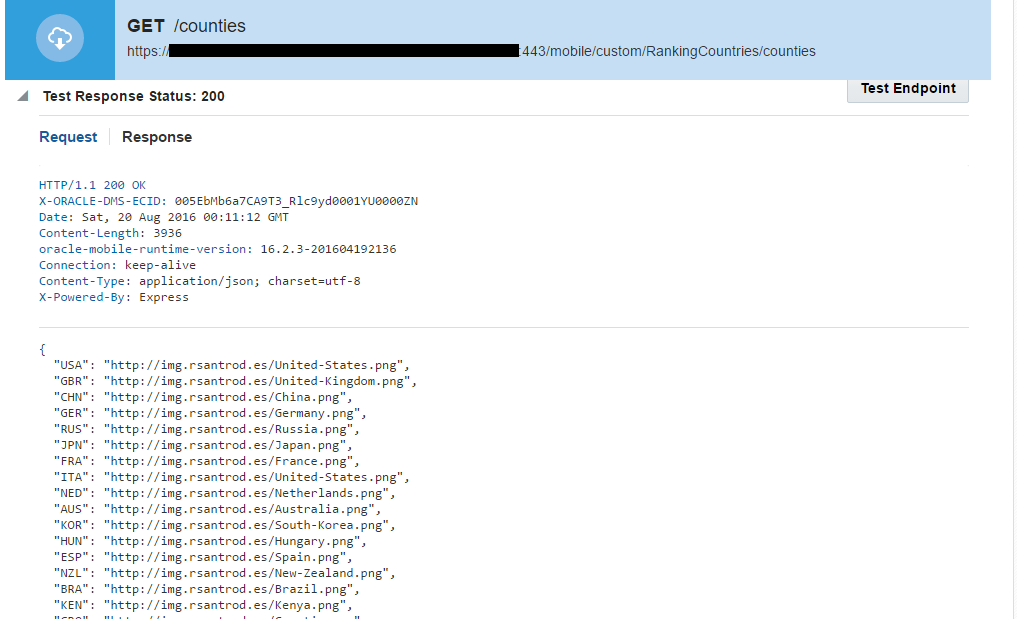Oracle MCS: Storing values in Application Policies
Oracle MCS offers different levels of lifecycle management and in this post I am going to focus on the lifecycle management (versioning) of the different artifacts such as Mobile Backends, Custom APIs and their implementations, etc. These artifacts can have two different states: draft and published. When you publish an API it is frozen becasuse it is not safe to modify it, if you modify it you can cause problems in the different components that are using it.
This is why versioning is one of the key points that you have to keep in mind when developing APIs.
In this example we are going to suppose that we have a mobile app that consumes Twitter API from Oracle MCS. As you might know, in order to consume twitter API you need tokens that you can get when you create your application in Twitter Platform.




